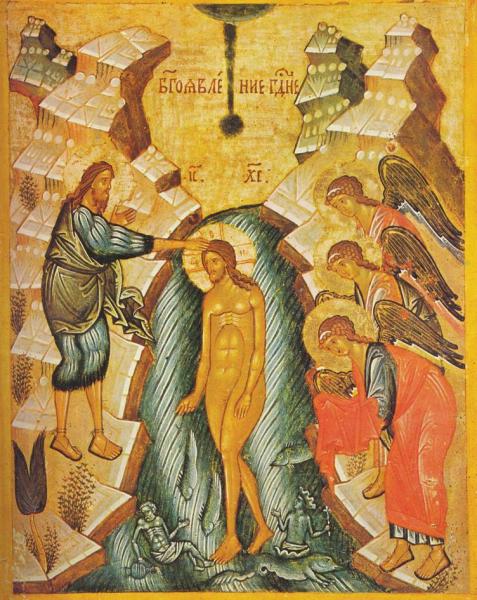Imagine going to bed on October 4th and waking up… on October 15th. No, you didn’t party that hard—your calendar just got updated by the Pope. This actually happened in 1582, when entire chunks of “time” vanished into thin air. It wasn’t sorcery, Y2K, or a software glitch. It was just the world trying to fix its centuries-old math mistake.

Let’s back up. For over 1,600 years, Europe had been running on the Julian calendar, introduced by Julius Caesar in 45 BC. It wasn’t a bad system—for ancient Rome. But it was just a little off. The Julian calendar estimated the length of a solar year as 365.25 days, when it’s actually closer to 365.2422. That’s only about 11 minutes off each year, but after centuries, it added up. By the 1500s, the calendar was nearly 10 days ahead of the sun, and Christian holidays like Easter were drifting further from their intended dates.

Enter Pope Gregory XIII with the ultimate fix: the Gregorian calendar, which included a leap year rule to keep things in line long-term. But first, he had to delete 10 days to get the calendar synced back up. So in countries like Italy, Spain, Portugal, and parts of France, the day after Thursday, October 4, 1582, was Friday, October 15, 1582. Boom—just like that, ten days gone. Birthdays missed. Rent magically on time. And probably a few confused goats.

But not everyone was on board. Protestant and Orthodox countries weren’t exactly thrilled about a papal-led calendar change. In fact, Britain and its colonies waited until 1752—and by then, they had to drop 11 days to catch up. Cue the chaos. Some people reportedly protested in the streets, shouting, “Give us our eleven days!” as if Father Time had pickpocketed them.
Other countries dragged their feet even longer, some holding onto the old Julian calendar into the 19th and even 20th centuries. The number of days they had to skip grew depending on how long they clung to their timekeeping traditions.
So next time you complain about daylight saving time or losing an hour of sleep, just remember: in 1582, people lost a week and a half—and they didn’t even get a long weekend out of it.
Time travel? No need. History already did it for us.




